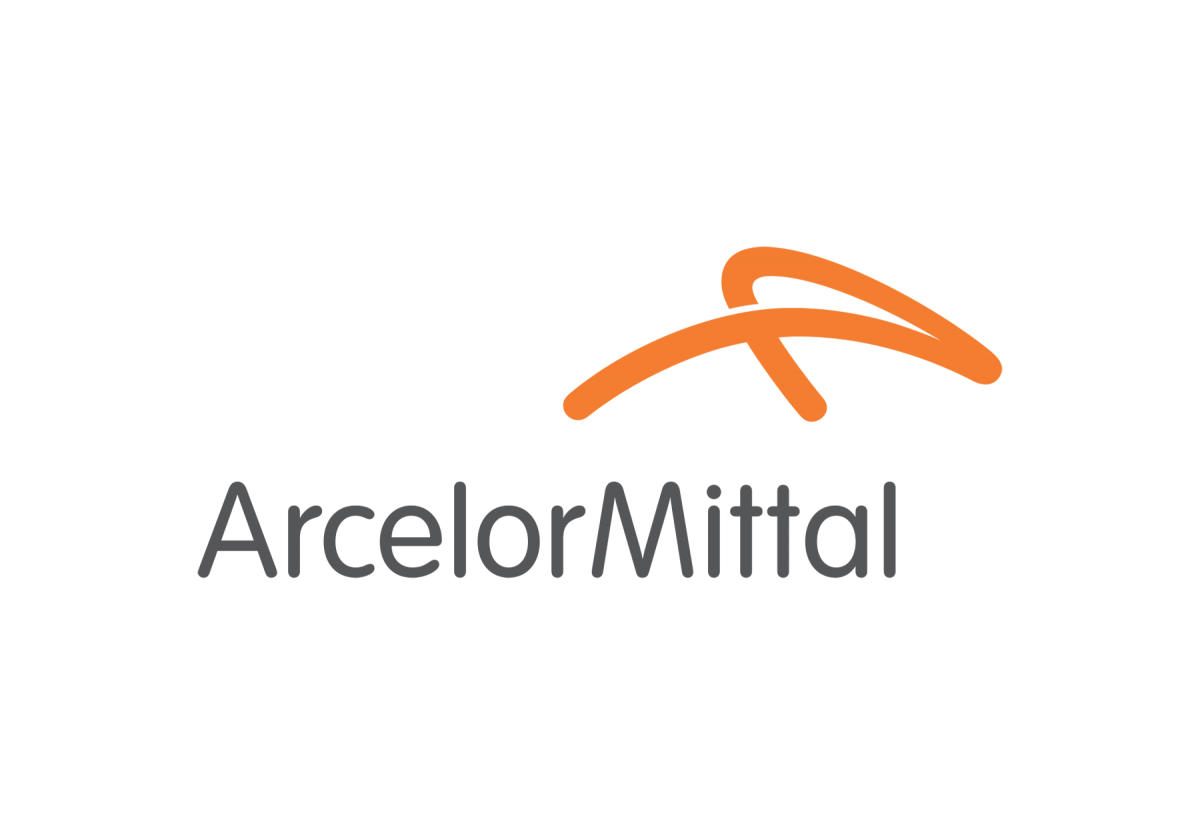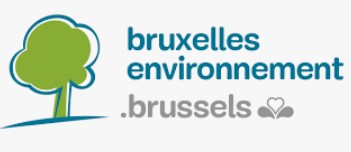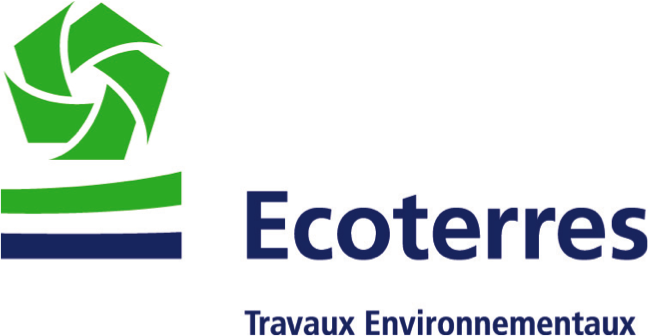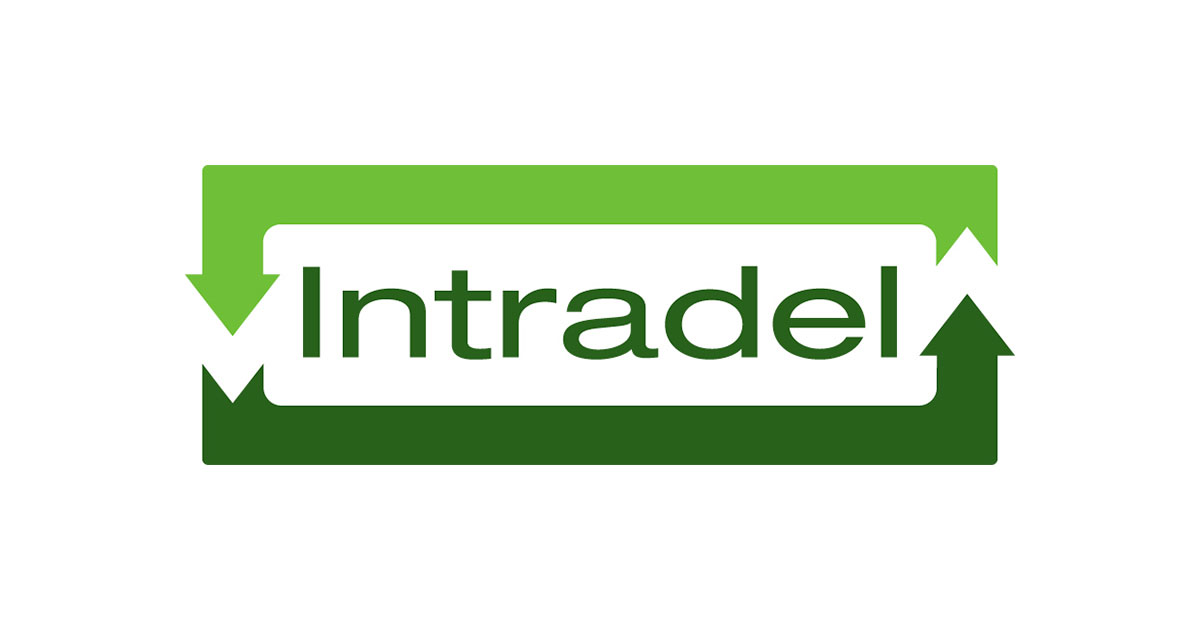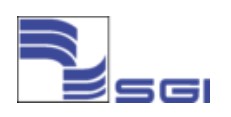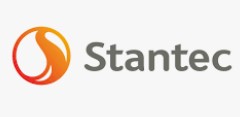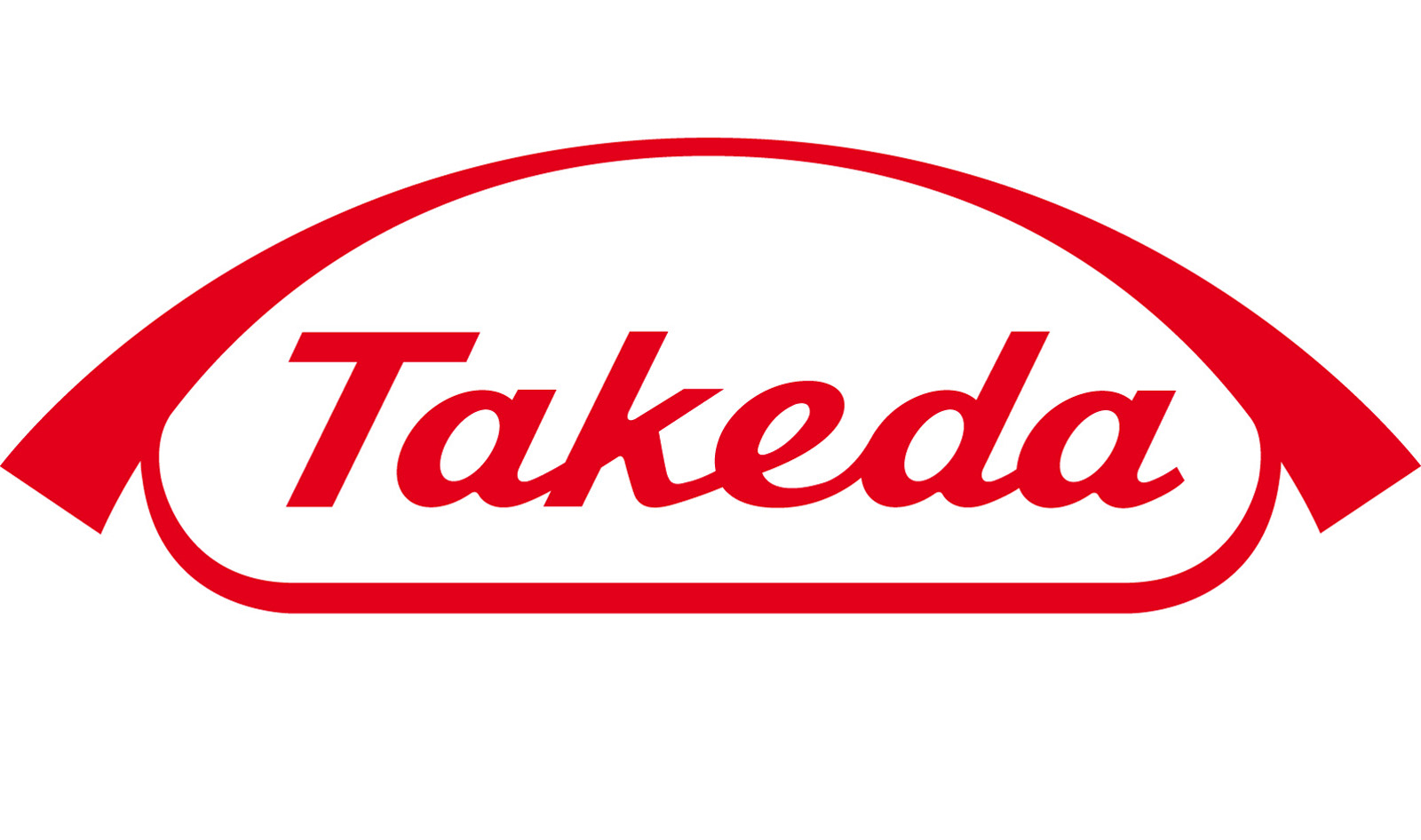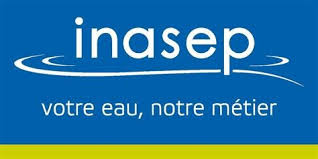Management of excavated soil and RQT
Almadius, a multidisciplinary engineering office, offers its soil expert services for soil sampling, management of excavated soil and preparation of the Land Quality Report (RQT).
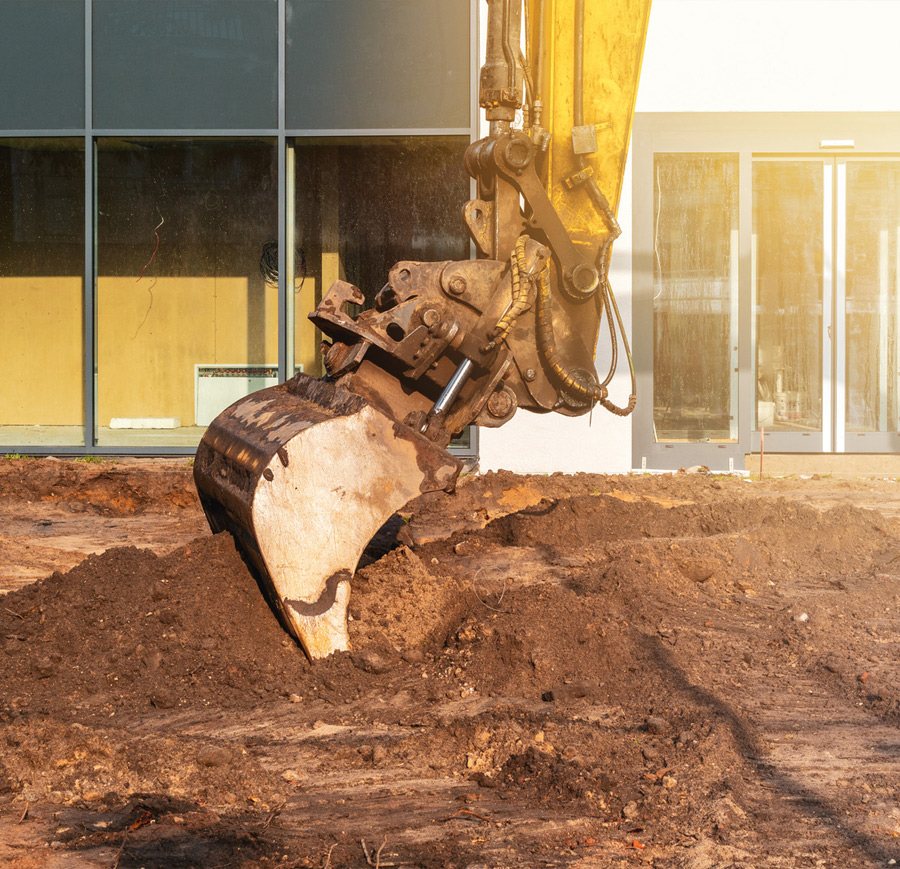
Regulatory management of excavated soil
Some construction and development projects require excavations and land transfers . However, any movement of land in Belgium is regulated in order to protect the environment and public health.
Before excavating and moving the soil to another location, you must analyze the quality of the soil. In Wallonia, this study corresponds to the Land Quality Report (RQT). It identifies the level of pollution and evaluates the quality of the excavated soil. The results obtained allow the identification of the procedures to follow for the management of the excavated soil and the most suitable outlets.
Our expertise in land management
Almadius, a multidisciplinary engineering firm, offers you its expertise in excavated soil management and soil quality. We take regulatory samples, draft the Soil Quality Report (SQR) and support you throughout the entire process, from initial analysis to soil recovery or treatment. Thanks to our practical, responsive approach that complies with environmental requirements, we help you manage your soil movements safely and with peace of mind.
The advantages of Almadius for the management of excavated soil
Pragmatic approach to excavated soil
Unlike a traditional design office, we go beyond producing the Land Quality Report. We continue our mission by providing practical solutions for the management of excavated soil after analyzing the results.
Multidisciplinary expertise
Our multidisciplinary engineering office is made up of experts specialized in different fields. This wide range of skills and services for several aspects of your site, linked to land management (stability, polluted soils, etc.) is an asset for your project. You benefit from a single contact for different areas of expertise, throughout your project.
Reactivity
In the event of an emergency for the management of excavated earth on your site, we are responsive and can respond to your request as quickly as possible . This responsiveness allows you to continue your work quickly.




